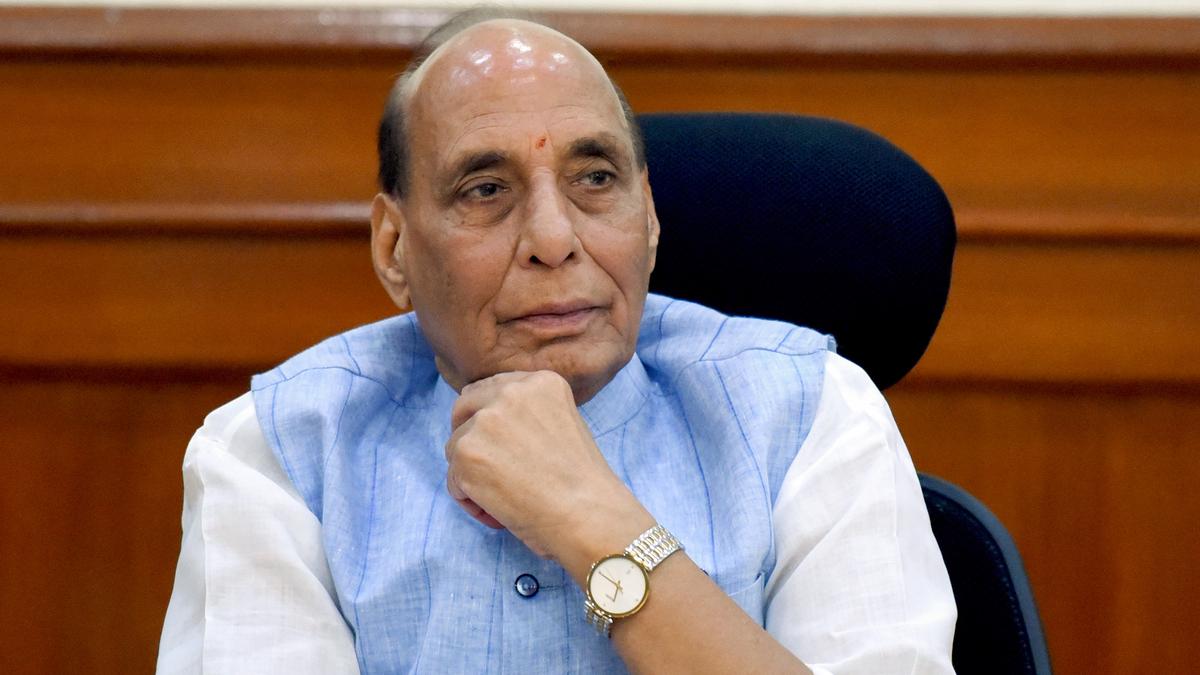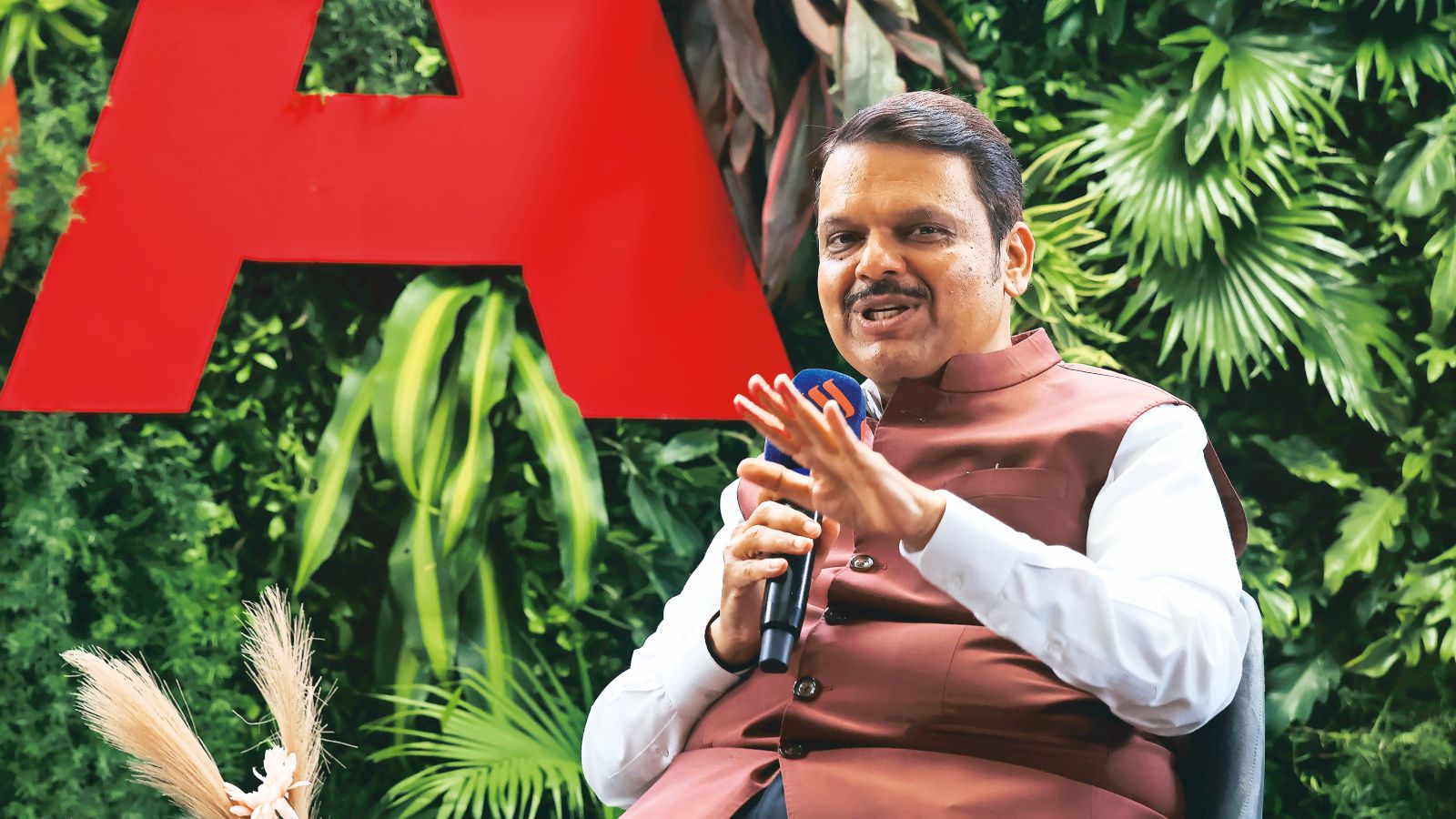The ongoing political spat between the DMK and the AIADMK over mango, the king of all fruits, brings to the fore the issues of ensuring fair price to farmers and providing value addition in the marketing of the crop.
Complaining about the DMK regime’s “lack of response” to issues of mango growers, the principal Opposition party is to hold a demonstration in Natham of Dindigul district on Friday.
On an average, the State grows mango on 1.46 lakh hectares with an annual production of around 9.5 lakh tonnes. There was a perceptible fall in production only during the COVID-19 pandemic year (2020-21). While the State’s share in terms of area is around 6% of the national average, it contributes about 4% of national production. Krishnagiri, Dharmapuri, Dindigul, Theni and Tiruvallur are the major mango-growing districts in the State.
According to Agricultural and Processed Food Products Export Development Authority (APEDA – a body under the control of the Union Ministry of Commerce and Industries), Tamil Nadu is known for its varieties - Alphonso, Totapuri or Bangalora, Banganapalli and Neelum. The State government refers to other varieties, too, such as Imam Pasand, Rumani and Senthura. However, at the all-India level, Tamil Nadu is considered a major mango-growing State. Among the southern States that make it to the toppers’ list are Andhra Pradesh, Karnataka and Telangana, with Uttar Pradesh in the north leading the pack.
Due to mismatch in demand and supply, farmers complain that the private sector offers them only ₹8 to ₹9 per kg, as against their demand of ₹20 per kg. AIADMK general secretary Edappadi K. Palaniswami, in a statement issued on Wednesday, quoted a rate of ₹5 per kg. P.S. Masilamani, general secretary of the Tamil Nadu Vivasayigal Sangam, affiliated to the CPI, suggests that the State government follow the example of Andhra Pradesh in providing a subsidy of ₹4 per kg.
K. Ramasamy, former Vice-Chancellor of the Tamil Nadu Agricultural University, also supports the idea of the State government’s intervention in procurement. As the State has enough cold storage facilities, the procured mangoes can be kept there, he says, adding that after carrying out value addition, the authorities can arrange for the sale of such products, including exports. “If there is a huge glut, the government can even think of providing mango juice to schoolchildren once a week for a limited period,” the academician says.
The government says it has been closely following the developments, and two rounds of talks were arranged by the Krishnagiri Collector between the farmers and representatives of the mango pulp industry, according to Agriculture Minister M.R.K. Panneerselvam. As the talks did not yield results, the Agricultural Production Commissioner-Agriculture Secretary on June 16 held a discussion with the industry. As a sequel to the meeting, the industry has started procuring the variety of Bangalora, used for juice, the Minister adds, expressing the hope that the procurement price would gradually increase, and it would go on till the second week of August. Though Mr. Panneerselvam’s statement does not mention any rate, he assures the farmers that the government has been taking steps to ensure a profit for the growers. His colleague and Food Minister R. Sakkarapani, referring to the government’s measures, questions the need for any agitation by the AIADMK.
A veteran policymaker emphasises that the State government comes out with a strategy paper in respect of all perishable fruits and vegetables, detailing measures to be taken by the authorities to absorb the surplus, including plans for adequate processing facilities.
Published - June 20, 2025 12:15 am IST



.png)
.png)
.png)
















 3 hours ago
5
3 hours ago
5









 English (US) ·
English (US) ·